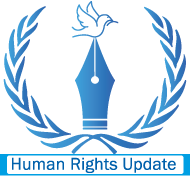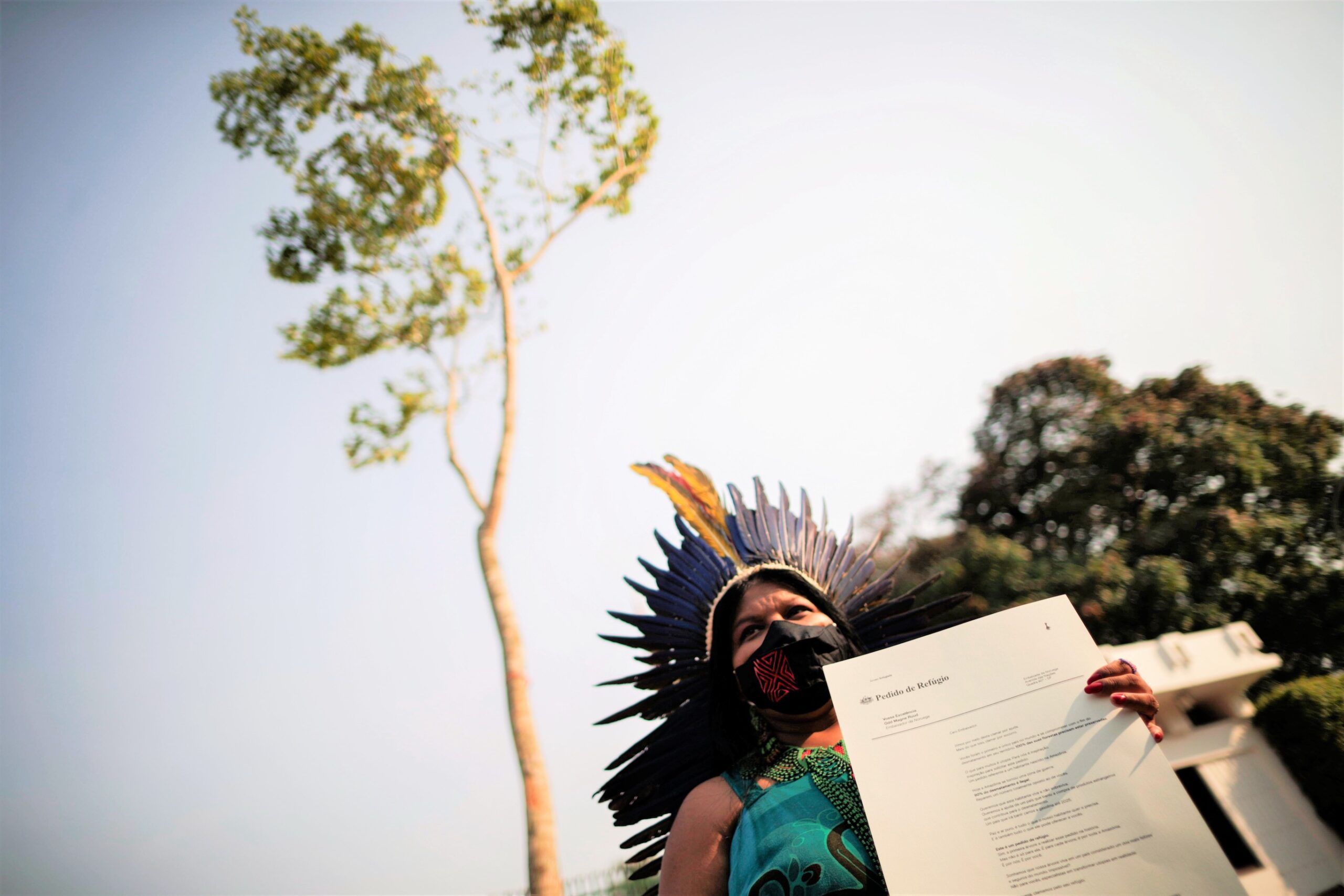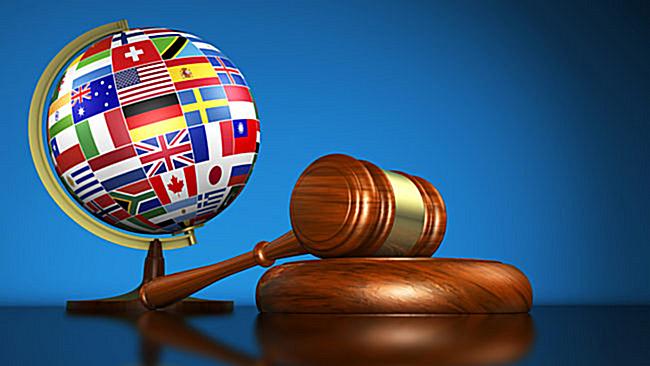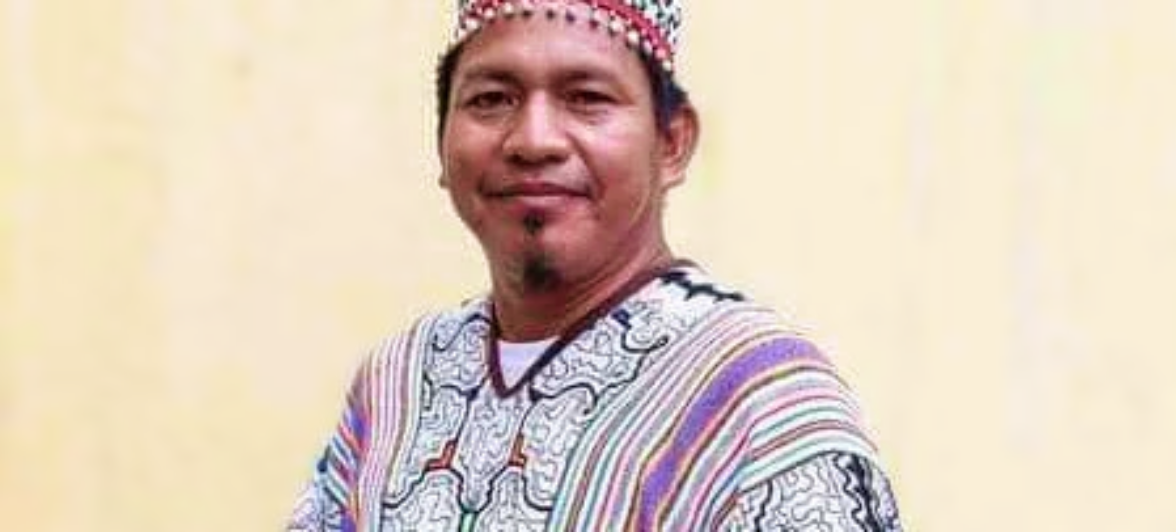The government of Bangladesh is drawing severe criticism from the international community as reports emerge of increasing harassment and pressure against those who dare to criticize the government. Recently, ambassadors from various countries expressed their deep concern about the alleged violation of human rights by the Bangladesh government, resulting in an official threat from the authorities.
In an alarming display of its stance on dissent, the Bangladesh government has been targeting individuals who voice criticisms of its policies. Anyone daring to speak out against the government has been subjected to harassment and pressure, leading to growing concerns about freedom of speech and human rights in the nation.
The situation escalated when ambassadors from several countries raised their voices to express alarm over the alleged human rights violations within Bangladesh. Rather than addressing these concerns, the government chose to respond with hostility. Officials directly approached the diplomats, warning them to remain silent on issues related to the upcoming Bangladesh elections, an act widely considered a gross violation of human rights and democratic principles.
In an unprecedented move, Bangladesh even threatened to impose sanctions on any country whose ambassador speaks out about the human rights situation in the country. This coercive measure has raised alarm bells, with experts and human rights advocates deeming it an example of an autocratic government willing to suppress international scrutiny and accountability.
Gwen Lewis, the United Nations Resident Coordinator in Bangladesh, openly expressed her concern about a recent incident involving Hero Alam, an independent candidate contesting in the Dhaka-17 by-election. In a tweet, Lewis underscored that “Participation in violence-free elections is a fundamental right of everyone and should be protected.”
Bangladesh’s response to the United Nations’ initiative came on July 19. As Gwen Lewis was absent from the country at that time, Sheldon Yate, the Acting Resident Coordinator of the Dhaka Office, was summoned to the Ministry of Foreign Affairs on her behalf. There, he faced the government’s displeasure and received a warning against expressing further concerns related to human rights issues in Bangladesh.
This incident has triggered international outrage and concern about the state of democracy and human rights in Bangladesh. Governments, human rights organizations, and global leaders are condemning the government’s tactics of intimidation and threats against diplomatic representatives. The incident has raised questions about the government’s commitment to democratic values, free speech, and its willingness to engage in constructive dialogue with the international community.
The actions of the Bangladesh government have further heightened international scrutiny, with many countries calling for immediate corrective measures and demanding accountability for the harassment of critics and threats against ambassadors and UN officials. The situation remains tense as the international community closely observes Bangladesh’s response and its implications for diplomatic relations and human rights standards.






